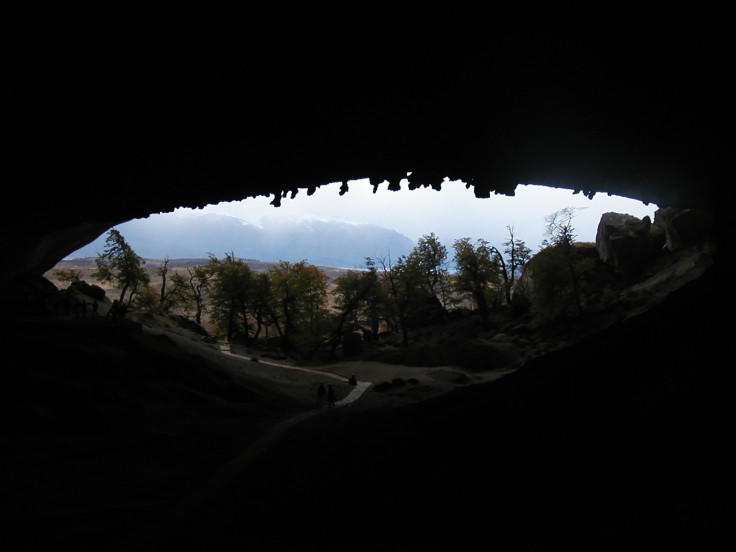Ice Age giants: Climate change and human hunting created perfect storm for megafauna extinction

Around 12,300 years ago, Ice Age giants such as saber-toothed cats and bears weighing a tonne were suddenly killed off. What caused this rapid extinction of megafauna has long been debated, but researchers now believe it was the result of a lethal combination of climate change and human hunting.
By looking at megafauna extinctions in Patagonia, South America, during the Late Pleistocene period (60,000 to 11,650 years ago), a team of researchers has been able to establish the impact human and environmental factors had. The team, led by Alan Cooper from the University of Adelaide, published their findings in Science Advances.
The researchers studied DNA from bones and teeth of megafauna species found in caves in Patagonia and Tierra del Fuego to look at the genetic history of the populations there during the Late Pleistocene. They studied species such as the giant jaguar, the short-faced bear and the large ground sloth to find out the nature of their extinctions.
Their findings showed the arrival of humans and hunting did not lead to the immediate downfall of the megafauna. Rather, species lived alongside humans for at least 1,000 years before becoming extinct in just a few hundred years.

Chris Turney, one of the study authors, said: "The America's are unique in that humans moved through two continents, from Alaska to Patagonia, in just 1,500 years. As they did so, they passed through distinctly different climate states - warm in the north, and cold in the south. As a result, we can contrast human impacts under the different climatic conditions."
Their findings showed that the impact of human hunting only really affected megafauna when it was combined with a warming climate. Humans had arrived just before a cold period – the Antarctic Cold Reversal (ACR) stadial. "The initial presence of humans in the area during the ACR stadial conditions was apparently insufficient to drive megafaunal extinctions," the authors wrote.
"However, human presence, in combination with the rapid advance of forests and environmental changes associated with the ensuing warming phase, appears to have led to the collapse of the megafaunal ecosystem within a few hundred years."
"Patagonia turns out to be the Rosetta Stone – it shows that human colonisation didn't immediately result in extinctions, but only as long as it stayed cold," Cooper added.
© Copyright IBTimes 2025. All rights reserved.






















